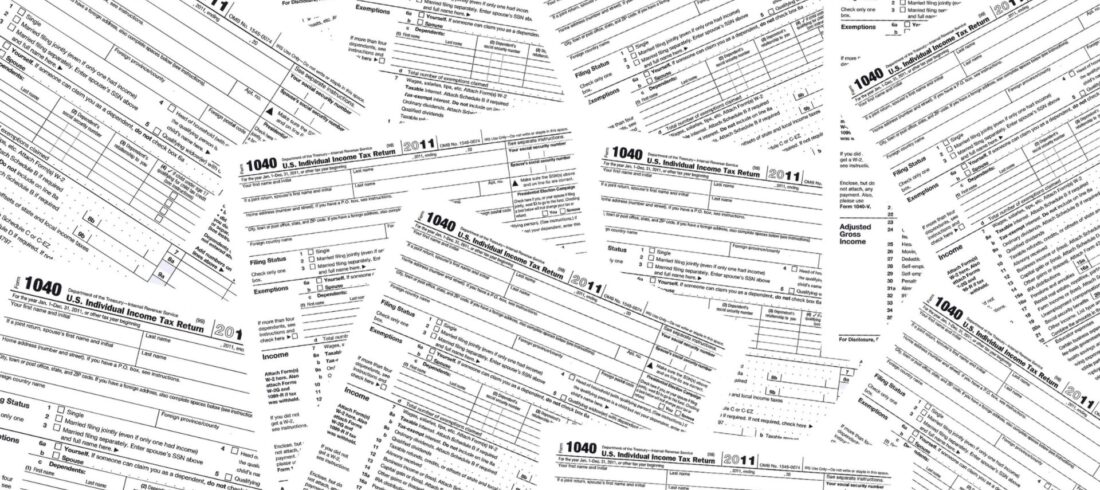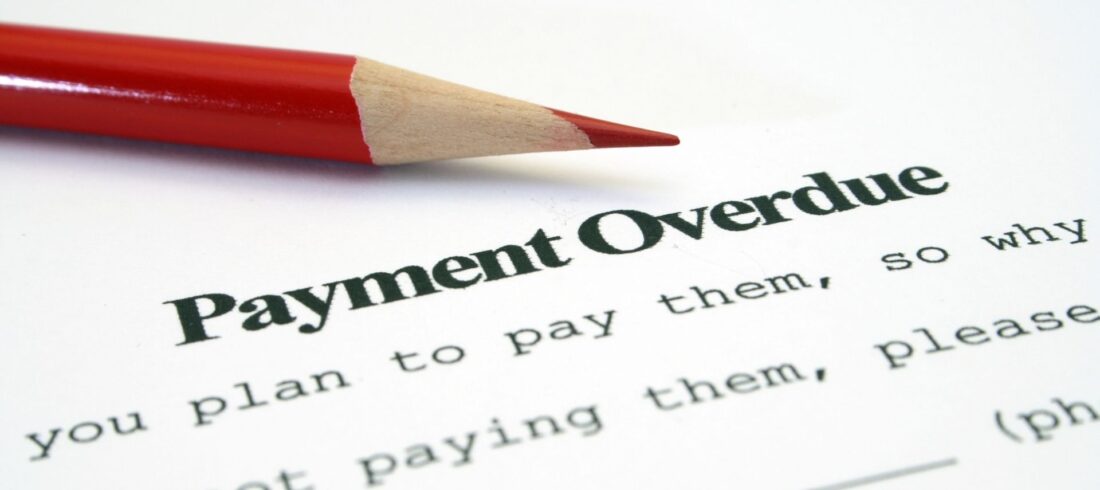“HELP! I just received a notice that I’m being audited by the IRS!”
Getting an IRS audit notice is usually not just annoying. For most people, it’s scary enough to make the top of their worry list.
There are things you can do to minimize the impact of an IRS audit so that it’s just a minor annoyance rather than a major life event. But for now, let’s assume that you’re like most people who get an IRS audit notice. You have only a vague idea of what happens in an audit. You have not read the Tax Code or Treasury Regulations or the Internal Revenue Manual. You have some of the records the IRS is asking for, but not all of them. You’ve never been entirely sure just what records you should keep. You’re terrified that the government will take your property or even imprison you.
The first step is to get the IRS audit into perspective.
The Bad:
- US tax law puts the “burden of proof” on you, the person who filed the tax return. IRS personnel refer to you as “the taxpayer” which serves to define you by your role as a source of revenue to the government rather than as a person.
- Having the burden of proof means that you are considered guilty until you prove yourself innocent. You can be required to prove every item on your tax return, and if you don’t, the IRS can disallow your deductions and add income, and even change the nature of the expenses you want to deduct. The result of all the changes will be to increase the amount of taxes you owe.
- The IRS has the power to issue a summons for documents or even for you yourself to appear at a certain location at a certain time. The summons can be enforced in federal district court. If you do not comply with the summons, you can be put into prison.
- If the IRS auditor determines that you owe more than you stated on your tax return, the IRS can add penalties and interest on top of the extra tax they say you owe, and if you cannot pay it, they can start collections procedures.
- Ultimately, the US government can seize almost everything you own, including large chunks of each paycheck, or all your accounts receivable if you are self-employed.
The Good:
- You have the right to defend yourself, that is, to present your evidence in support of the tax return you filed.
- Having the burden of proof is not good, but it has a silver lining. Since the burden of proof shifts to the government, if they bring criminal charges, the IRS very seldom does so. The odds of going to prison as a result of an IRS audit are very, very low.
- If the IRS auditor makes a decision you are not happy with, you have the right to appeal it.
- You have the right to have a lawyer, CPA, or Enrolled Agent represent you.
- An audit can be a good opportunity to identify weaknesses in your record-keeping. Over the years, I’ve had a number of clients tell me that they actually benefitted from being audited by the IRS. REALLY? For sure an audit is no fun when it’s happening, but in the long run, it can be helpful a person learn how to keep better records. This can lead to greater financial success. Keeping better records not only helps you to be prepared for future IRS audits. It also helps you run a more profitable business, allows you to get bank lines of credit with reasonable interest rates, and helps you plan for future growth.
IRS audit Bads outweigh the Goods. I’ve never met anyone who would volunteer to go through an IRS audit. But if you know how to handle an audit, it does not have to be a life-shattering event.













